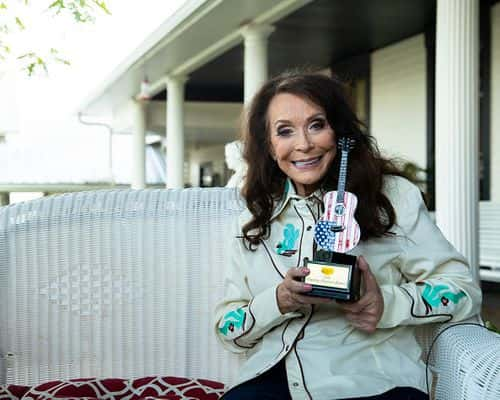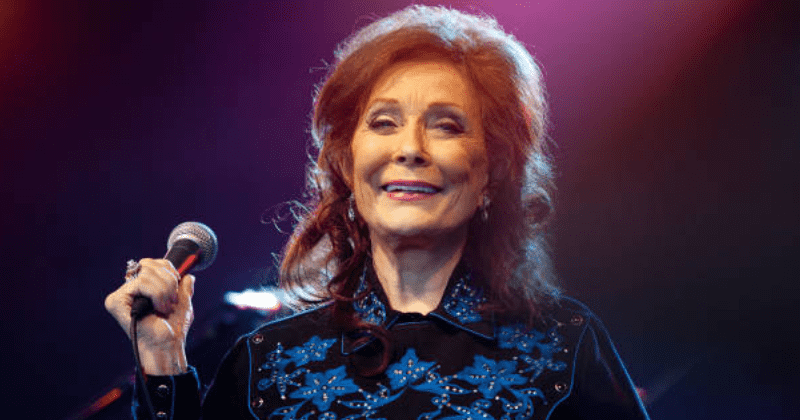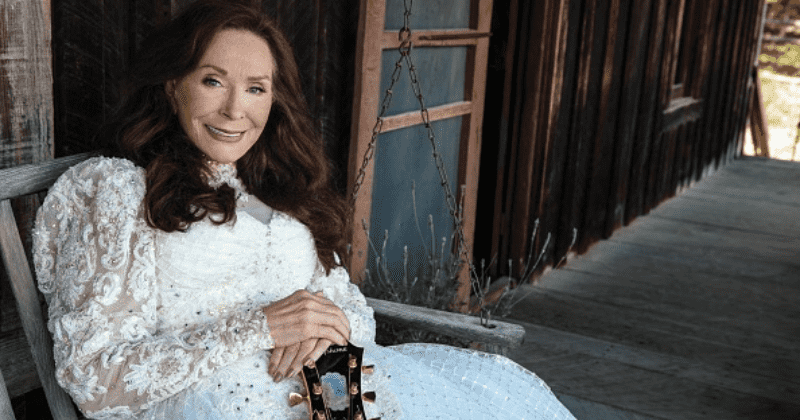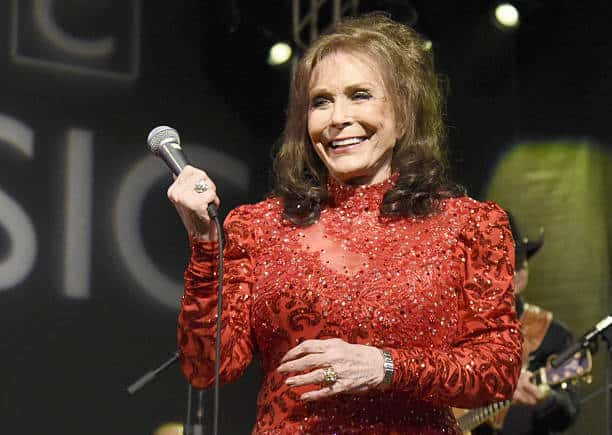How Loretta Lynn's hit 'The Pill' sparked outrage and almost derailed her career

HURRICANE MILLS, TENNESSEE: Loretta Lynn, one of the iconic figures of country music died at 90 in her Hurricane Mills home in Tennessee on October 4, revealed her family. She was known for chart toppers like 'Don't Come Home a' Drinkin' (With Lovin' on Your Mind),' 'Fist City' and 'Woman of the World (Leave My World Alone)' among a host of others.
The 'Coal miner's daughter' singer used to write her own songs from an early age. The legendary country star was born in the remote Appalachian town of Butcher Hollow, Van Lear, Ky., in 1932. In fact, some of the songs she wrote were prone to ignite discussions on women and their freedom. "Whatever I did that day, whatever [was] on my mind, I'd write it in a song," Loretta told EW in an interview recalling the inspiration behind her stepping into singing. This brings us to her song, 'The Pill' from her 1975 album, 'Back to the country'; it became one of the most controversial country songs ever. It caused an uproar in conservative areas. The song almost derailed her career as it was banned from playing across 60 radio station reports, We Got This Covered. 'The Pill' explained the birth control pill and the freedoms it could give a woman on birth giving rights.
ALSO READ
Country music icon Loretta Lynn dies at 90, tributes pour in for 'coal miner's daughter'
Who was Loretta Lynn's husband? Inside a 50-year marriage marked by cheating, fighting and love
According to VMP, the song was made after Supreme Court made contraceptives legal in 1972. As a result of Eisenstadt v Baird, universal birth control only became legal in 1972, making it unavailable in many rural areas where Lynn had a strong following. When Lynn had written 'The Pill' she was a constant presence atop the country charts. She had a dozen songs in the Billboard US Country Top 5 between 1970 and 1974. Though it became one of the most controversial hits ever, according to Luminate (formerly Nielsen Music) it is said to have been played only once by a country radio station in the US in 2022, says Time. Throughout her albums, Lynn spoke of sex, equality, redemption, unfiltered love, and birth control. What made the song problematic was that there was strong opposition to the use of contraceptives when 'The Pill' was released.

The song was also rejected by The Grand Ole Opry, one of the significant American country music stage concerts, “I sung it three times at the Grand Ole Opry one night, and I found out a week later that the Grand Ole Opry had a three-hour meeting, and they weren’t going to let me [sing it]… If they hadn’t let me sing the song, I’d have told them to shove the Grand Ole Opry!," reported Times. Some of the lines of the song said, "this incubator is overused," “This old maternity dress I’ve got is going in the garbage," " “All I’ve seen of this old world/ Is a bed and a doctor bill/ I’m tearin’ down your brooder house/ ’Cause now I’ve got the pill!” "Yeah, I’m making up for all those years since I’ve got the pill” which ignited the conversation about childbirth, abortion in the conservative society. Despite the controversy around it, 'The Pill' would become Lynn’s highest-charting pop single, peaking at #70 on the Hot 100. It wasn't a Lynn composition, while she has been credited for it, it was mainly written by Lorene Allen, Don McHan, and TD Bayless but it does reflect her views greatly.

The singer also explained the reasoning behind creating a song in an interview with People, “My mama’s just sorry she didn’t have the pill so she wouldn’t have had eight of us to feed,” the controversial singer who got married when she was just 14 said, "If I’d had the pill back when I was havin’ babies I’d have taken ’em like popcorn. The pill is good for people. I wouldn’t trade my kids for anyones. But I wouldn’t necessarily have had six and I sure would have spaced ’em better.”
Despite recording "The Pill" three years ago in 1972, Lynn's record label MCA did not release it until three years later. At the time of its release, Lynn was careful to make clear that the song didn't reject family values. Essentially, the song's lyrics argue that birth control allows the protagonist - a faithful wife who has given birth for years - to be a better spouse and mother.

According to VMP, she has also explained the experience of recording the song with her most trusted collaborator, Bradley, who she described as "like a father to me." She stated in her autobiography, 'Coal miner's daughter,' “Just pronounce the words the way you want, Loretta.’ That’s what Owen told me, he never made me feel like I was a dumb hillbilly just because I said ‘ain’t’ or ‘holler.’ Owen said people would always understand me, so long as I was myself.”

She also spoke about her thoughts on birth control in her bestselling 1976 memoir Coal Miner’s Daughter, "I don’t think I could have an abortion. It would be wrong for me. But I’m thinking of all the poor girls who get pregnant when they don’t want to be, and how they should have a choice instead of leaving it up to some politician or doctor who doesn’t have to raise the baby. I believe they should be able to have an abortion.” Despite how it the song may have had the fuel to burn her career, in a 1975 Playgirl interview, Lynn said a rural doctor once told her that its message about birth control “reached more people out in the country and done more than all the government programs put together."










